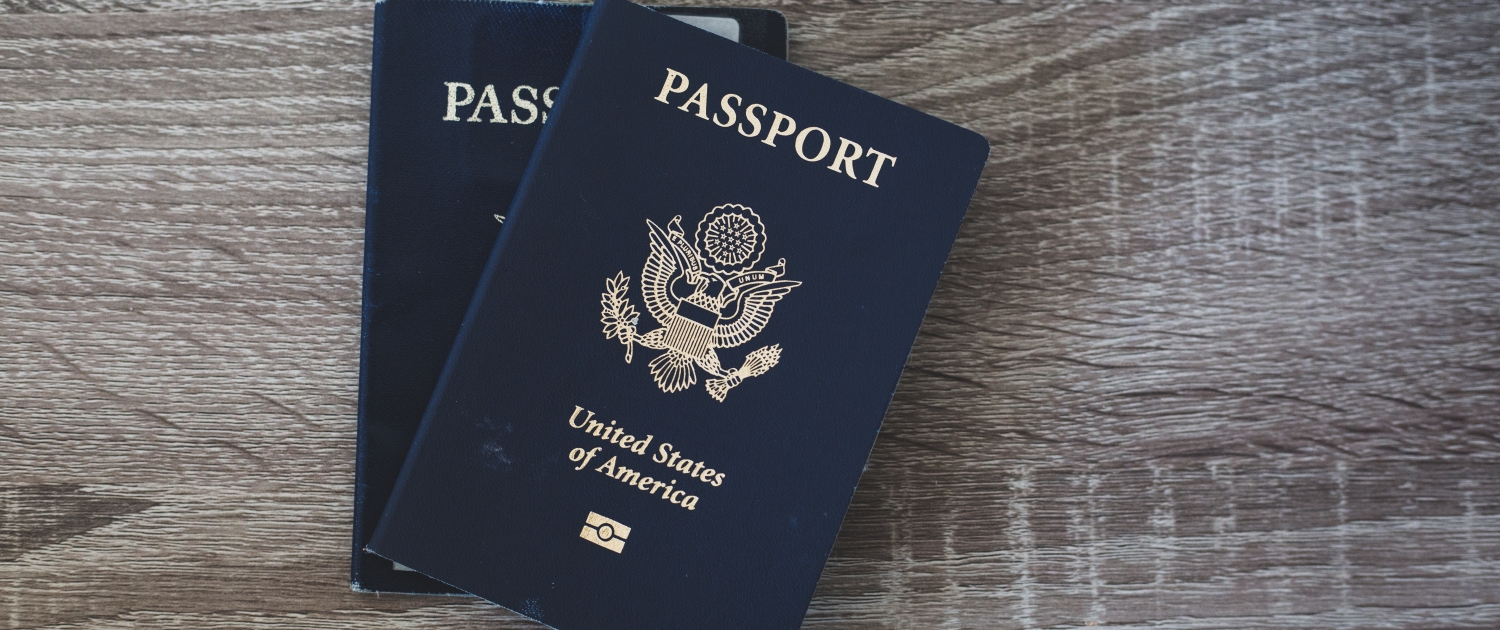If you’re a U.S. citizen with foreign reporting obligations – meaning you have foreign financial interests in Canadian bank and financial accounts, Canadian corporations, trusts, partnerships or disregarded entities that must be reported to the Internal Revenue Service (IRS) – you’re likely in one of two boats. Perhaps, you’re a well-behaved U.S. citizen who is current on your tax returns and all the various filings to which you are subject. The flipside, of course, is that you’ve been negligent (either willfully or non-willfully) and have some paper-based groveling to do with the IRS.
Quite often, individuals who are in the second boat find themselves in a quandary, unable to decide if it will cost them more to come clean or feign ignorance and hope their tax transgressions are never discovered.
If you don’t follow the activities of the IRS and do happen to be a U.S. citizen with foreign reporting obligations, it might interest you to know that the agency has no plans to stop seeking out Americans who are trying to keep money offshore, i.e. outside of the U.S. In fact, IRS efforts to keep its taxpayers paying only continue to ramp up.
So, what are the options for a delinquent U.S. citizen with foreign reporting obligations who decides to come forward? If you are a U.S. citizen residing in the U.S., you could be eligible for the Streamlined Domestic Offshore Procedures, and for U.S. citizens residing outside the U.S. there is the Streamlined Foreign Offshore Procedures program. The purpose of the Streamlined Procedures is to provide a vehicle for which taxpayers can file amended or late returns and find resolution or relief from potentially significant tax and penalties.
How do you know if you’re eligible?
The Streamlined Procedures are only available to individual taxpayers (including the estates of individual taxpayers) who can certify that their failure to meet their reporting requirements was non-willful. In other words, a U.S. citizen with foreign reporting obligations who failed to report foreign income, pay taxes on foreign assets or accounts, and/or submit information returns pertaining to those assets or accounts will have to make the case to the IRS that it was all just an honest mistake.
The IRS recommends that taxpayers who aren’t sure if their failure to report would be deemed non-willful (and could be held criminally liable and/or subject to substantial penalties) avail themselves of the IRS Criminal Investigation Voluntary Disclosure Practice (which doesn’t sound intimidating at all).
A U.S. citizen with foreign reporting obligations who wants to make good with the IRS must also have a valid taxpayer identification number in order to be eligible for the Streamlined Procedures. Valid numbers include a Social Security Number (SSN) or Individual Taxpayer Identification Number (ITIN). Taxpayers who do not have, and are not eligible for, an SSN can make a submission under the Streamlined Procedures, but it must be accompanied by a completed application for an ITIN.
In the event that you are a U.S. citizen with foreign reporting obligations who does not meet the criteria for the applicable Streamline Procedures, and you attempt to “quietly disclose” by submitting previously delinquent or amended returns, you may be taking a risk as you will not receive the penalty protection that is available under the Streamlined Procedures. In this case, you may want to come forward under the IRS Administrative guidance provided in the Internal Revenue Manual (IRM). It goes without saying that strict adherence to the IRM requirements is an absolute must.
What paperwork is required for the Streamlined Foreign Offshore Procedures?
A U.S. citizen with foreign reporting obligations who does not reside in the U.S. must use Form 14653, Certification by U.S. Person Residing Outside of the United States for Streamlined Foreign Offshore Procedures to make a submission under the Streamlined Procedures. The form asks for some personal information (e.g. name, ITIN/SSN, telephone number, and mailing address) as well as information on the most recent, past due three years of tax returns. It also asks for a narrative that explains why you’ve been delinquent as a U.S. citizen with foreign reporting obligations.
For example, if you accidentally forgot to report that you own, control or transact with a foreign entity, you will use the Personal Certification Statement portion of the form to explain why you forgot to report all income, pay all tax, and submit all required information returns associated with the foreign entity. This narrative should include a description of the source of the funds, all relevant personal and financial background information, and whether you are using the services of a professional advisor.
And while there are no tricky calculations to worry about, the form does require a U.S. citizen with foreign reporting obligations to certify that the information provided is “true, correct, and complete” under penalty of perjury. Yes, that’s right. Perjury. You’ll want to make sure that your statement is impeccable, in all aspects.
What if you’ve already been contacted by the IRS?
If you have already received a letter from the IRS to inform you that a civil examination has been initiated or you are under criminal investigation by the IRS…well, I’m afraid it’s too late for you to make use of the Streamlined Procedures. Your next move should be to retain good legal and accounting professionals to help you navigate your way through the IRS maze of compliance requirement.
What if you timely filed but forgot an information return form or two?
If you’re a U.S. citizen with foreign reporting obligations who filled and paid taxes but failed to file a Report of Foreign Bank and Financial Accounts (FBAR or FinCEN Form 114) and/or one or a few international information forms (e.g., 5471, 8938, 8856, etc.), there are options for you under Delinquent FBAR Submission Procedures and Delinquent International Information Return Submission Procedures. (That was a mouthful!) You won’t be penalized for failing to file these information forms as long as the income from foreign accounts or foreign assets was reported on your tax return, taxes were paid, and you have not been contacted by the IRS regarding an income tax examination or a request for the delinquent returns or forms.
Overall, as a U.S. citizen with foreign reporting obligations, it’s wise to have proper counsel from both an accounting and legal perspective to help you stay on top of ever-changing requirements and stay compliant on both sides of the border. If you are behind in your filing and reporting to the IRS, and you want to put an end to your delinquent ways, talk to a professional tax advisor about the above procedures.
If you have any questions regarding this article you can contact us here.
Where to find us
4-209 Speers Road
Oakville, ON, L6K 0H5
Canada
Contact Us
Meetings are by appointment only.
Phone: +1 855 640 1730
Local: +1 905 845 1194
Fax: +1 833-203-9641
Email: mail@hcbtax.com




